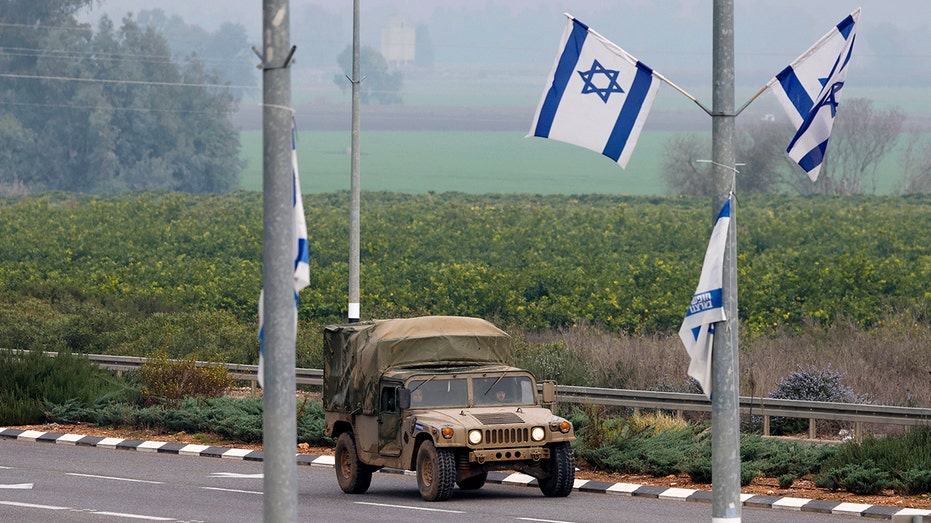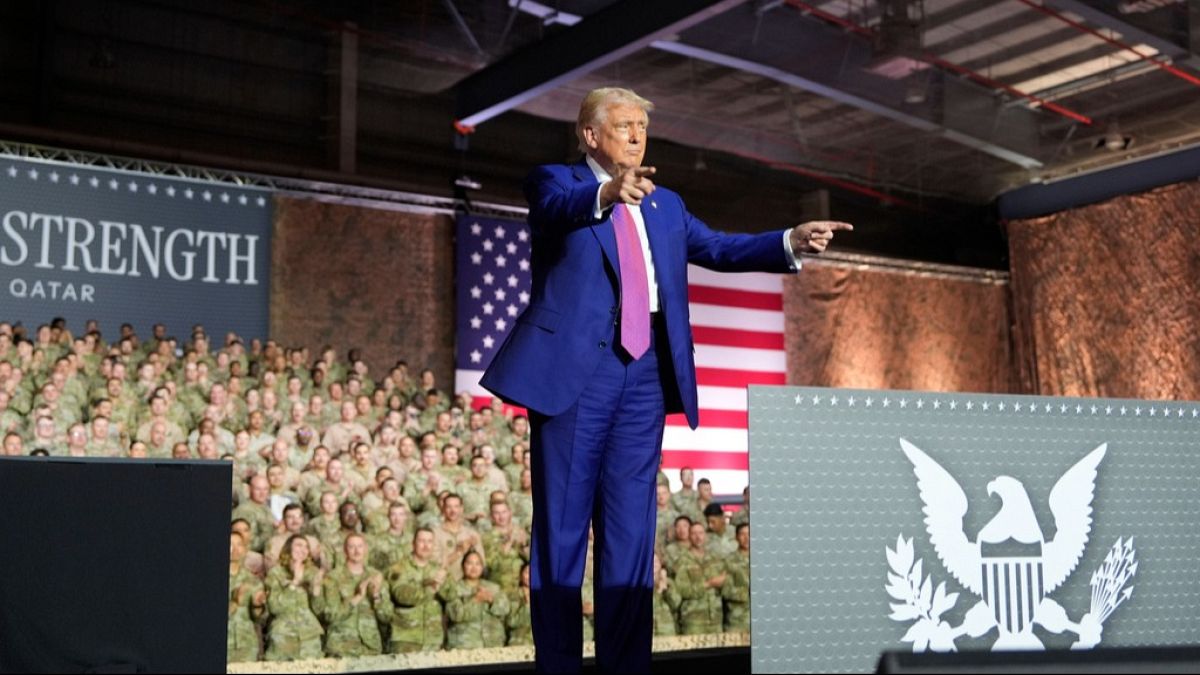EU foreign policy chief fears 'open war' and escalation following death of Hamas leader: 'Cannot be ruled out'
The High Representative of the European Union for Foreign Affairs and Security Policy Josep Borrell explained Tuesday's death of a senior Hamas leader could escalate the Israel-Hamas war.

The foreign policy chief at the European Union said Wednesday that the drone strike this week that killed a senior Hamas leader could escalate the Israel-Hamas conflict into an "open war" across the Middle East.
"The risk that what happened in 2006 could happen again, an open war, is a risk that unfortunately cannot be ruled out. And what happened yesterday with the death of one of the leaders of Hamas is yet another factor that could push the conflict to escalate," EU foreign policy chief Josep Borrell said during a news conference in Lisbon.
On Tuesday, a drone in the Lebanese capital of Beirut struck an apartment in the Shiite district of Beirut, killing Hamas' No. 2 political leader.
The apartment was a Hezbollah stronghold and Lebanese officials said Saleh Arouri, the founder of the Hamas' military wing, was killed, prompting worries of retaliation by Lebanon’s Hezbollah.
Hezbollah leader Sayyed Hassan Nasrallah previously vowed to strike back against any Israeli targeting of Palestinian officials in Lebanon.
Immediately after Saleh Arouri's death was announced, tensions swelled over whether it would result in a significant escalation of the current conflict.
Borrell was joined at the news conference by Portuguese Foreign Minister Joao Cravinho. The two leaders are expected to present their plan to secure peace in the Middle East and throughout the Red Sea during a meeting in Belgium on Thursday.
"Immediately, as the activity restarts in Brussels tomorrow, we are going to present to the member states a proposal to create a mission that can contribute to security in the Red Sea, knowing that this also requires unanimity and procedures that need to be covered and respected and cannot be resolved overnight but this is what we are going to do," Borrell said.
Since the start of the Israel-Hamas war, Israel and Hezbollah have exchanged artillery or missile fire along the Israeli-Lebanese border on almost a daily basis. But, so far, Hezbollah has appeared reluctant to escalate its efforts.
Later during Wednesday’s news conference, Borrell said he intended to continue traveling across the region to meet with dignitaries to prevent a wider war.
"I had and still have plans to travel to the Middle East, starting with Lebanon. I hope that this trip can go ahead because it is very important to be in contact with the Lebanese government, with the Jordanian government, with the Arab countries to explore ways out of the Israeli-Palestinian conflict but we do not know how the Lebanese airspace will be day after tomorrow."
In 2006, Israel fought a 34-day war with Hezbollah between July and August. Israel lost an estimated 120 soldiers during the fighting, while Hezbollah lost more than 1,000 fighters.
Reuters contributed to this report.
What's Your Reaction?
















